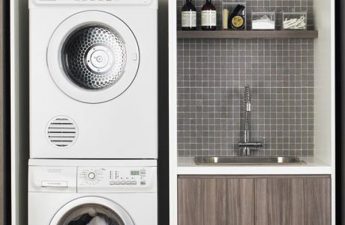There are many ways for designers toearn more on your interior and make it beautiful for your publications, not for you. But this does not mean that you do not need a designer. This means that you need to know when to say no. When the moment comes to understand that something needs to be changed in your own interior, then a lot of ideas appear, but difficulties arise with their implementation. In such a situation, professional designers and decorators come to the rescue. But interior design, like any other business, has its own characteristics and tricks that specialists are very reluctant to share with clients. Therefore, we will tell you what they are trying to hide.
1. The budget is discussed first.
Most designers like to work in the processgo beyond the agreed upon limits and increase the project costs many times over relative to your planned cost. They try to choose the most top textures and materials to create luxurious projects, because the result of their work will have a direct impact on their reputation and further growth in popularity. Therefore, be careful and very clearly define your budget and the limits that you are ready to move in the process. At the same time, make it clear to the designer your position and that there will be no income other than the specified funds. This will allow the specialist to determine the direction of work, adjust the selection of materials and ultimately offer you several suitable ideas to choose from.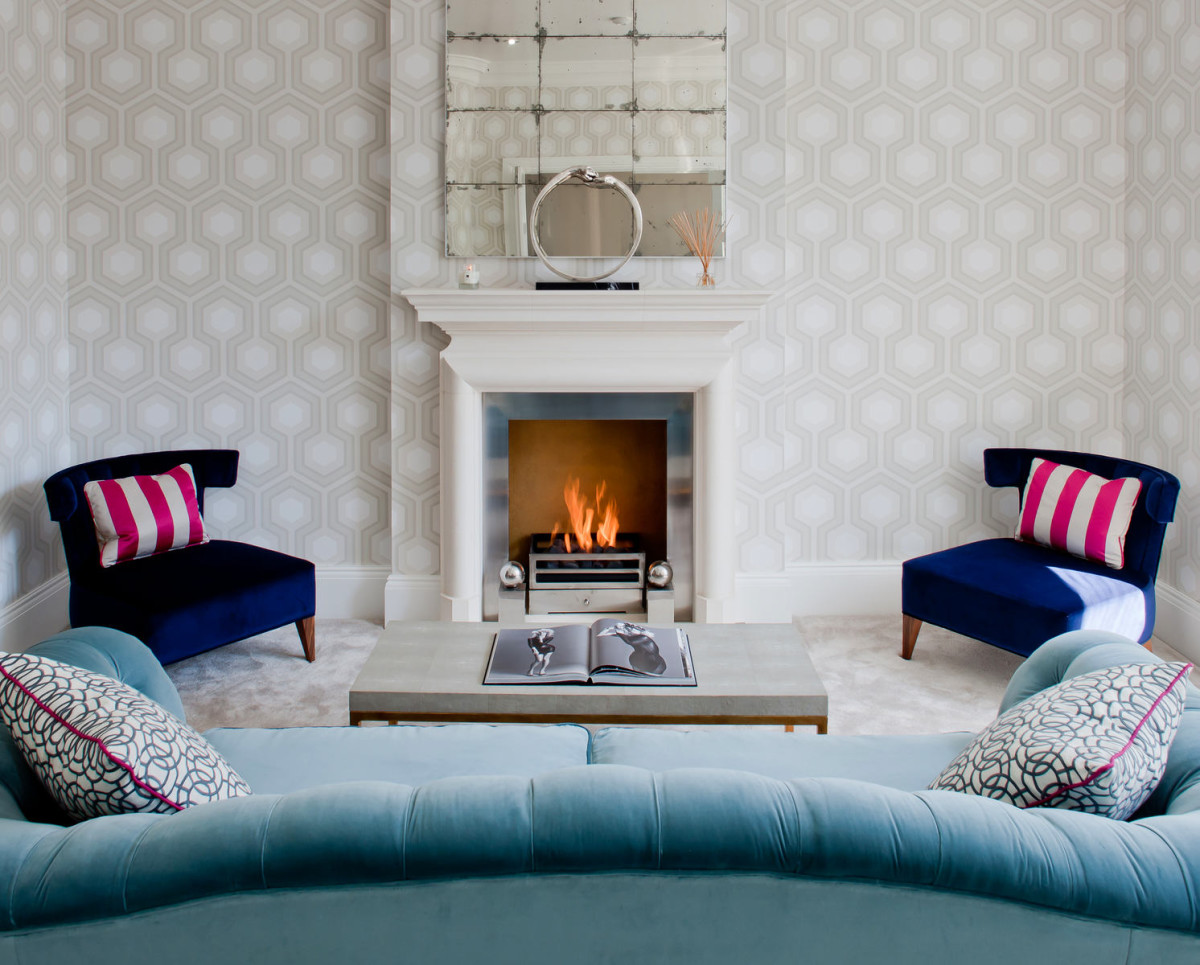
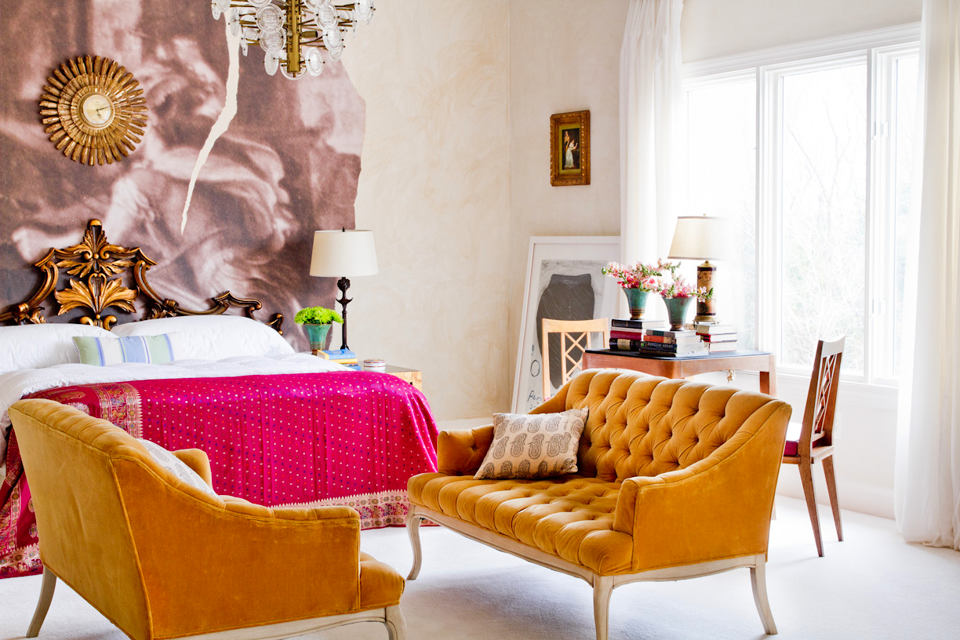
2. Professionals have connections
When choosing a specialist, study him carefullyportfolio. Don't hesitate to even check it by asking a few pre-prepared industry-specific questions. After all, the longer a designer works, the more experience and professional connections he has. This means that by cooperating with many companies, he can easily get you a significant discount on both materials and interior items, as well as on work. In addition, an experienced specialist most likely has the contact details of the best craftsmen in various fields. So, for example, you can get in touch with a person who creates the most impeccable staircases for mansions, and this is worth a lot.
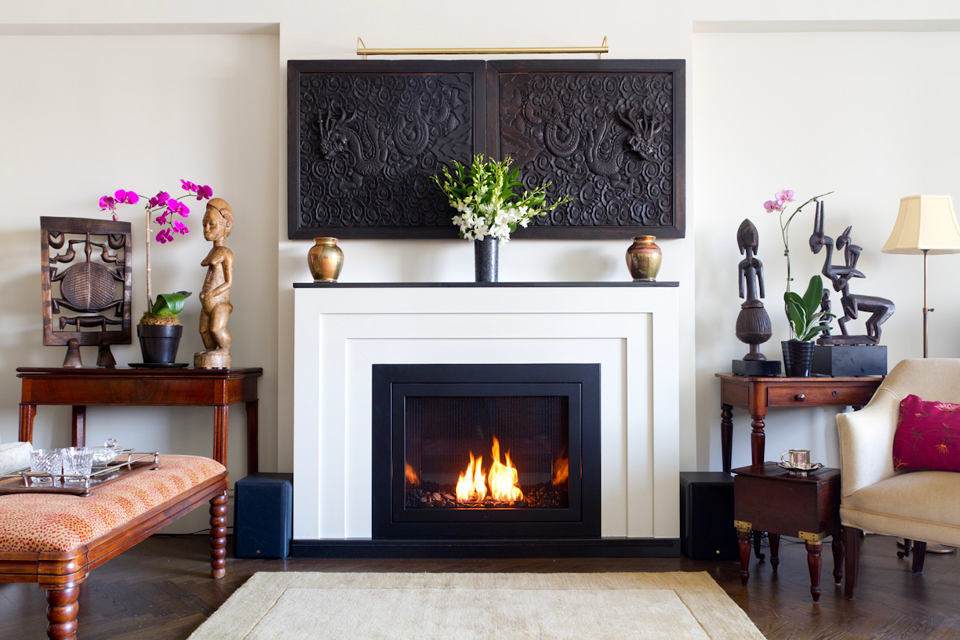
3. Your preferences come first
Your designer may be a professional, but you are alsohave your own preferences. Therefore, formulate your vision of the project more clearly, so that you cannot “go wild”. Because in the end, you risk getting the perfect home for your designer. And even if your tastes do not coincide, this project is just part of his work, but for you it is a home. For clarity, state your wishes in detail, supporting them with fabric samples and pictures of interiors you like.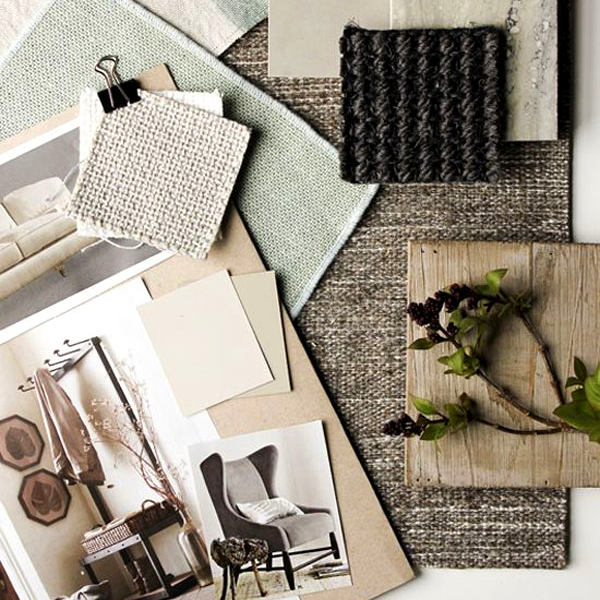

4. Don't rush to hire a specialist
If a designer or decorator says thatyou won't find a better price than him - this is only his opinion. Even if you are convinced of the specialist's qualifications, but have some disagreements with him, do not rush to sign a contract. Look for other options, ask your friends and acquaintances. After all, the market is simply huge, and somewhere in any case there is your ideal designer, in terms of quality and price.
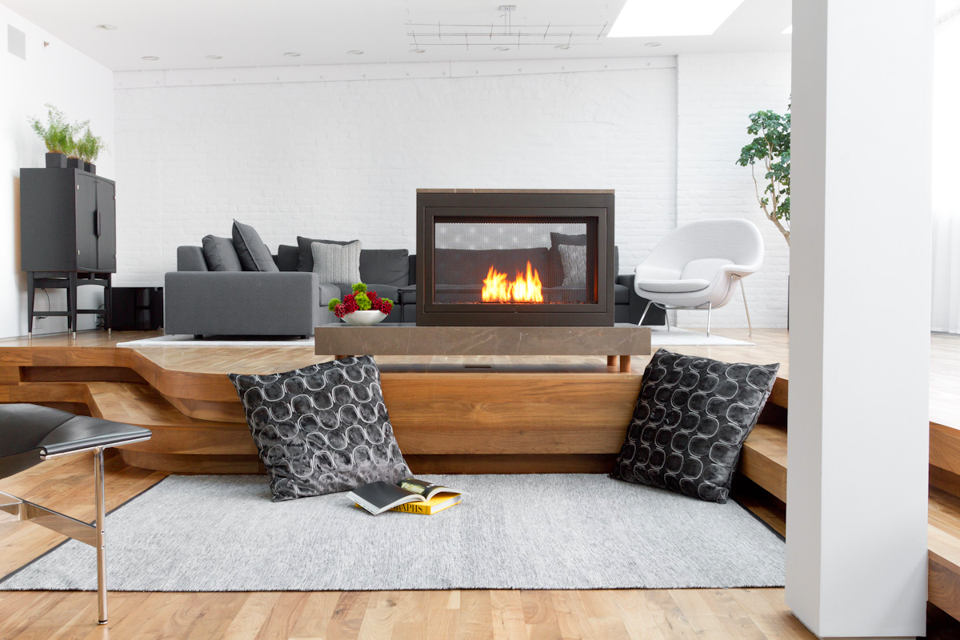
5. Don't be afraid to say no.
Even though many people feel uncomfortable saying that they need somethingdidn't like the designer's project, but it's better to reject the idea than to live in an interior that's "good enough". You pay money to live in a house where you can get moral pleasure, which means the professional's job is to give it to you. Listen to opinions, but remember - the final decision is yours, period.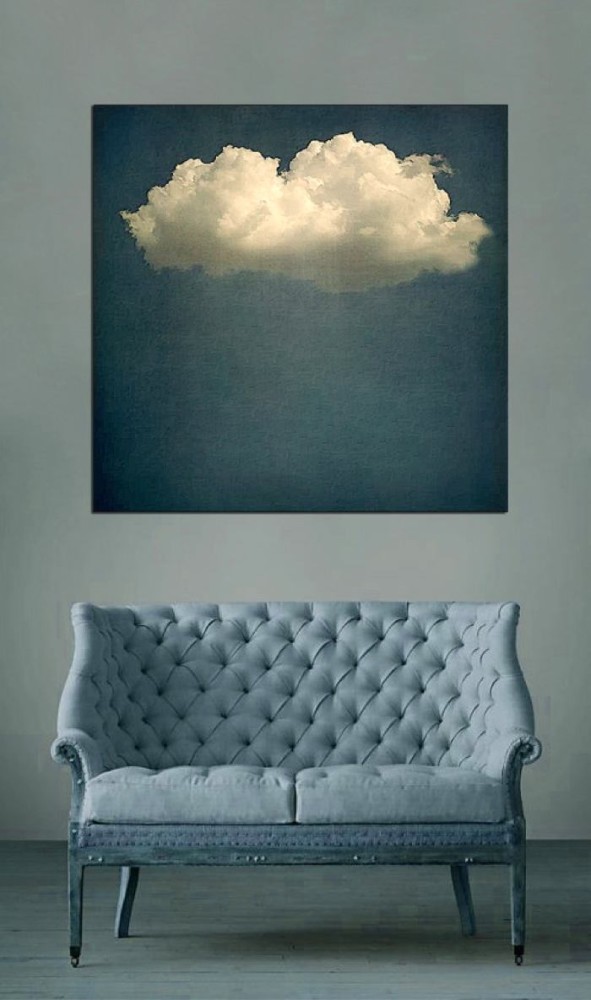
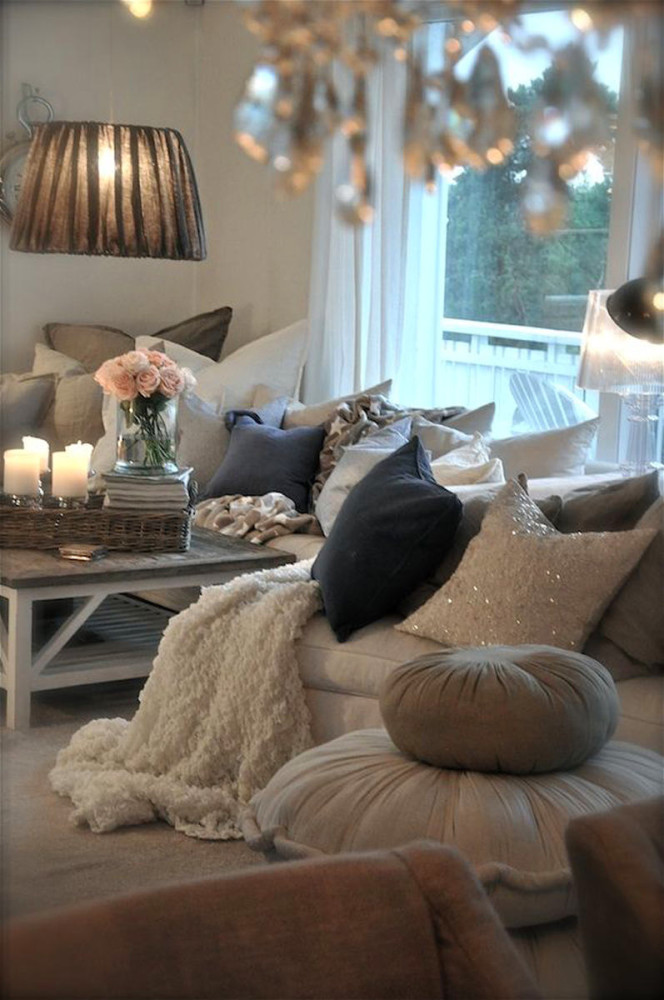
6. The dreaded "all or nothing" stereotype
If you hire a designer or decorator, thisdoes not mean that you should give him the entire project. Do not be afraid to involve other specialists, and perhaps even make individual parts yourself. After all, a consultation with a master about the countertop does not oblige you to order the entire set from him.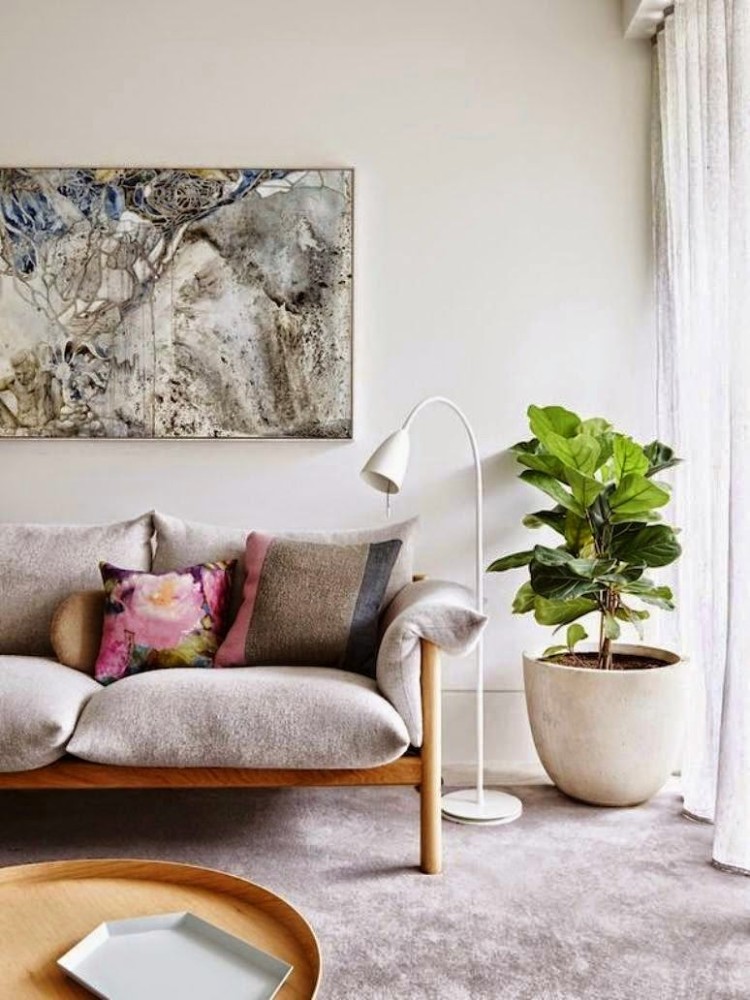
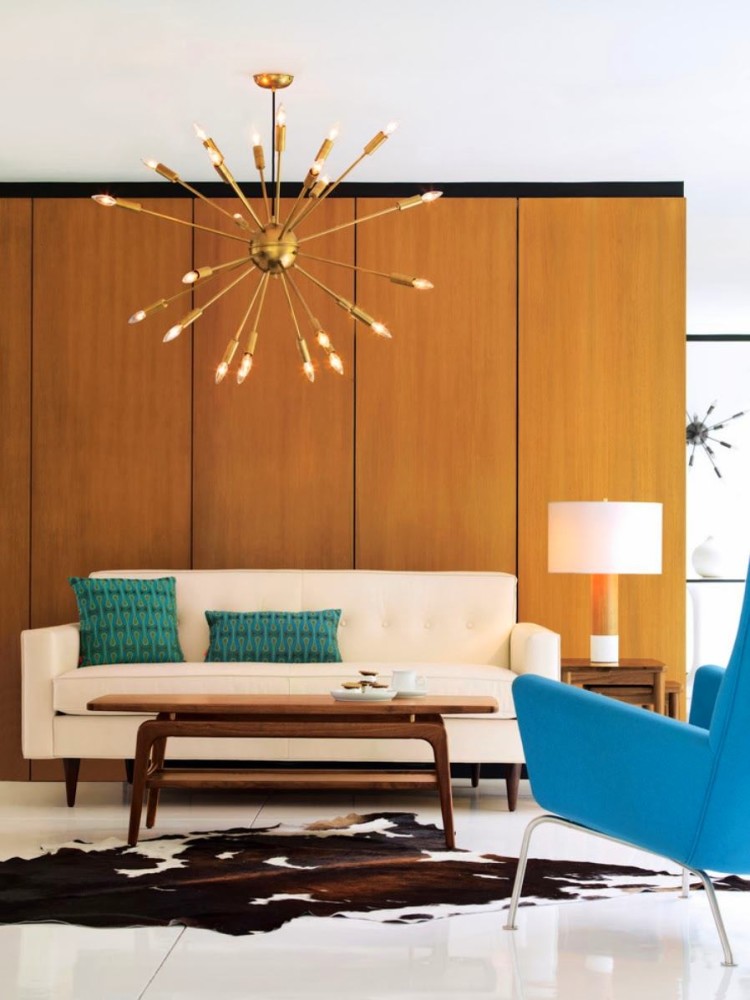
7. Price of priority
Each client will hear thatits interior is the most important thing for a specialist, but often this is not the case. Therefore, to ensure that your project does not last for many weeks or even months, discuss the terms of work and the days of meetings for control. And it is better to specify all this in the contract.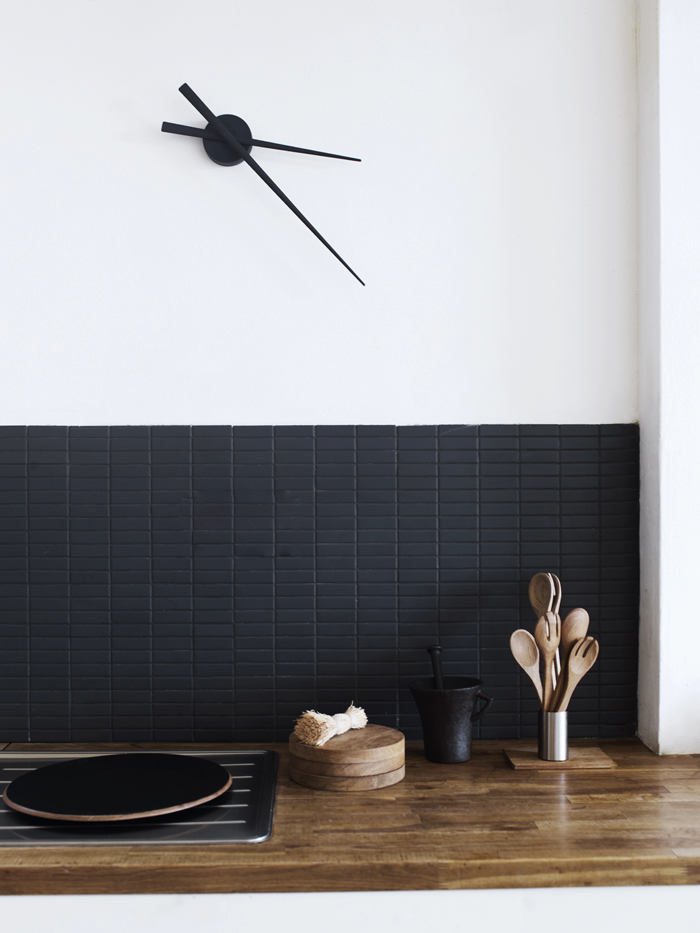
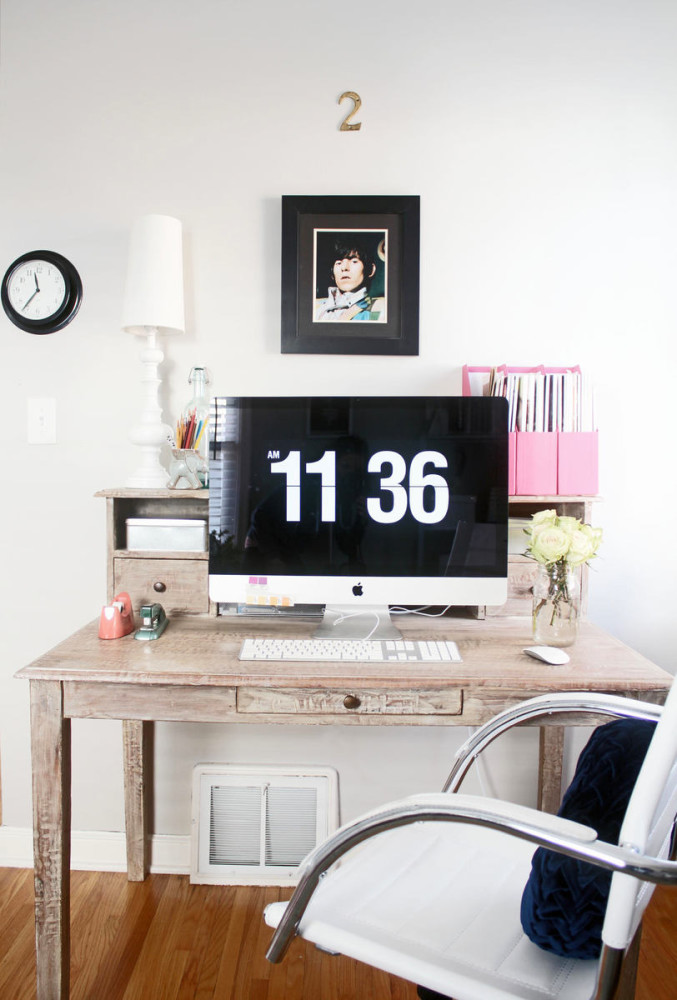
8. There is no need for everything new
Most designers will strive toordering everything new for your home is quite an expensive pleasure. So before you agree, look around, perhaps some furniture or decor items are waiting for restoration to breathe new life into them.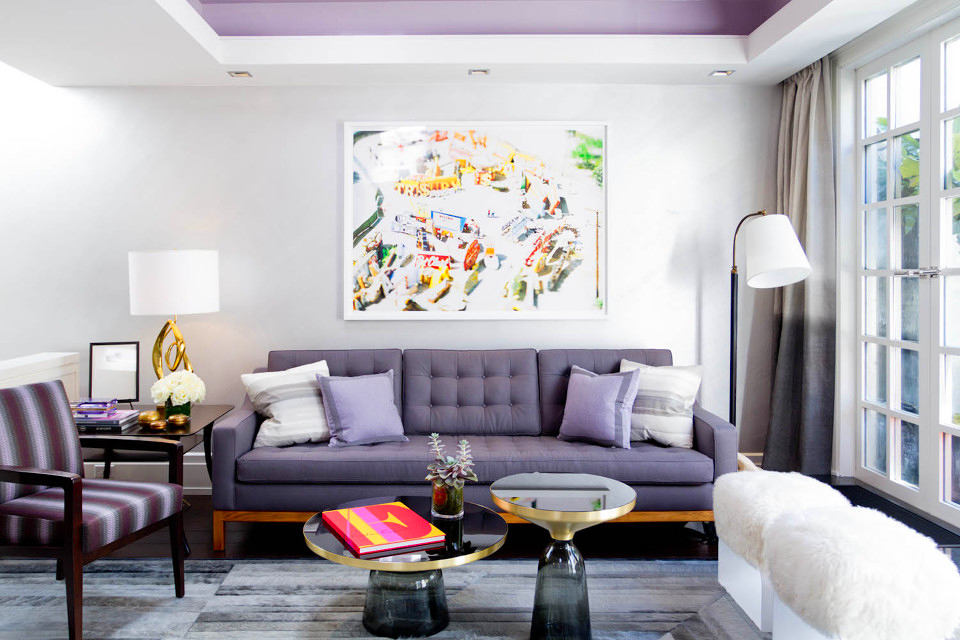
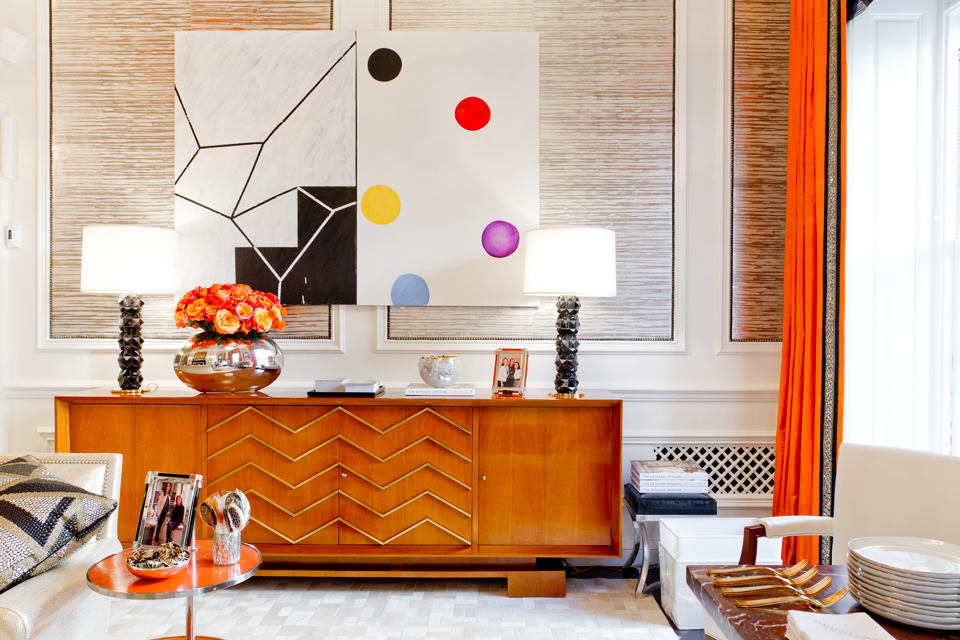 stiligahem.se, pinterest.com, thefhd.net, 4bildcasa.it, thedesignchaser.com, thedesignsoc.com, rikkisnyder.com
stiligahem.se, pinterest.com, thefhd.net, 4bildcasa.it, thedesignchaser.com, thedesignsoc.com, rikkisnyder.com

